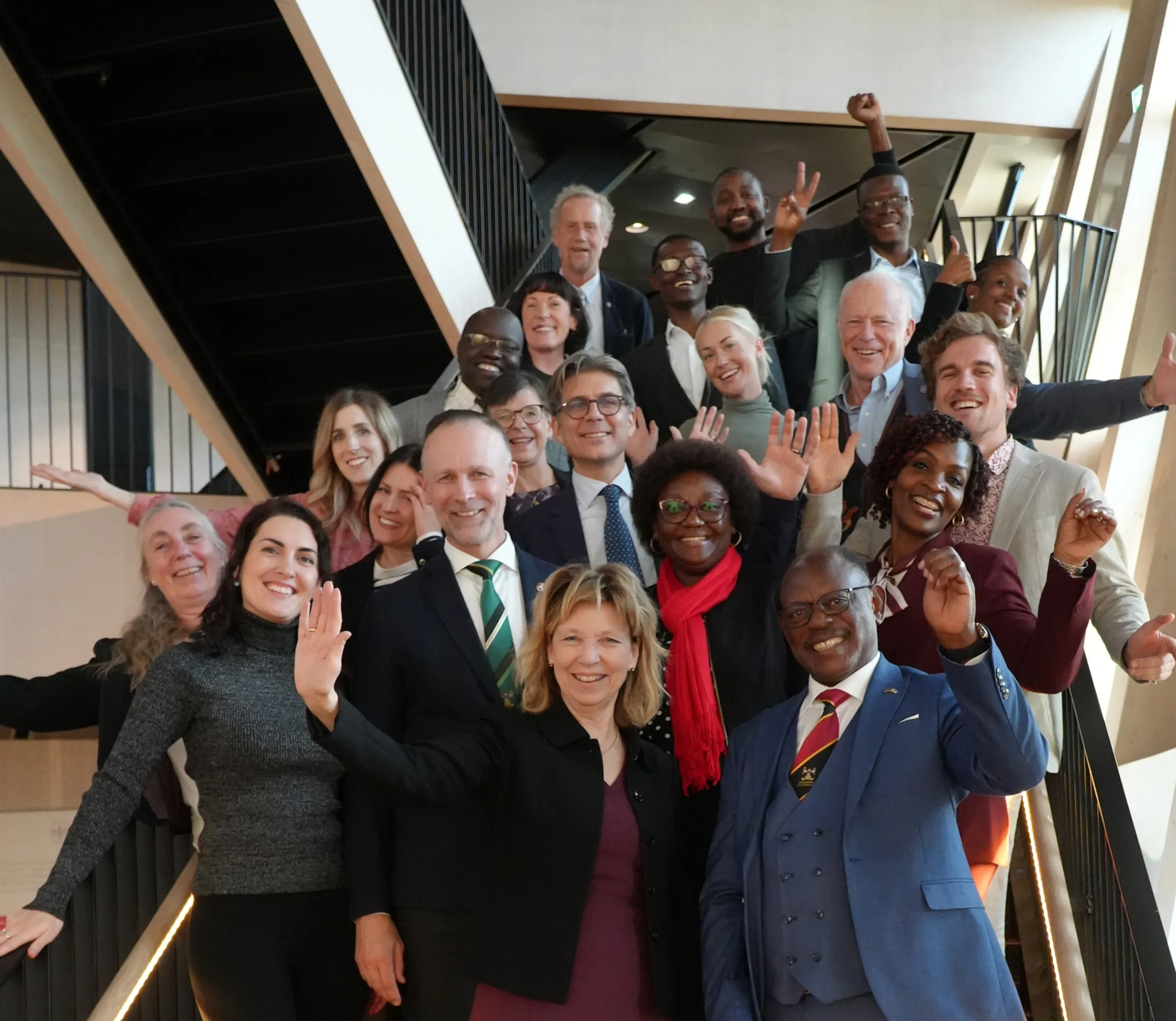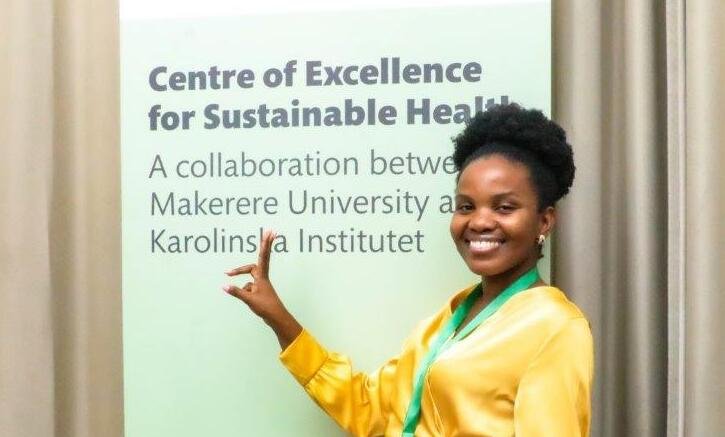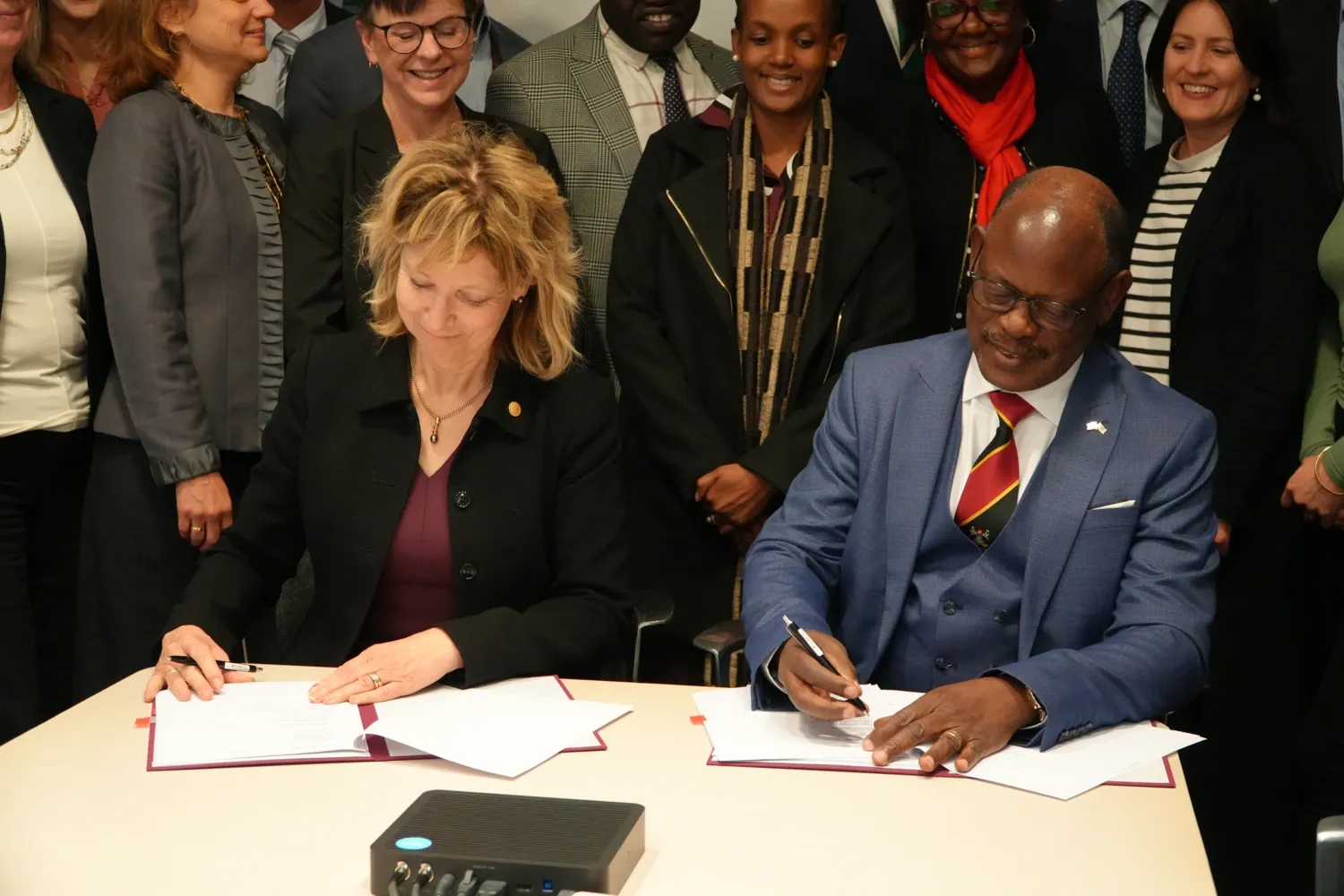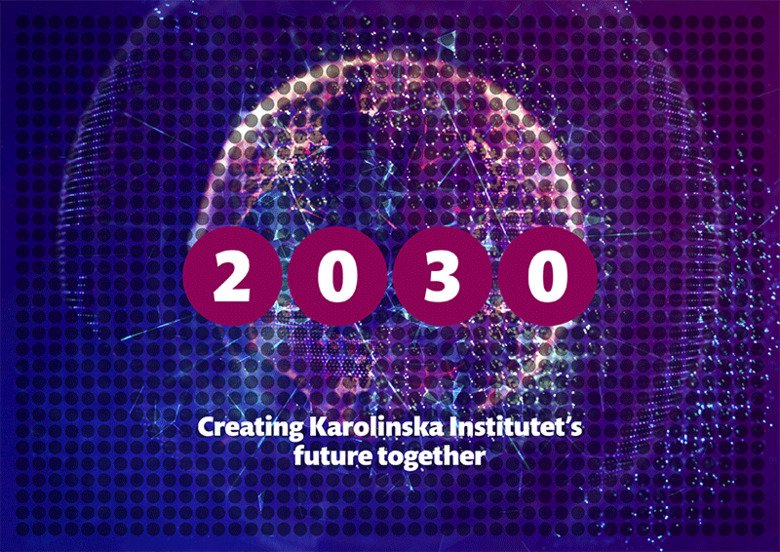Centre of Excellence for Sustainable Health
The Centre of Excellence for Sustainable Health (CESH) is a collaboration between Karolinska Institutet and Makerere University in Uganda. The Centre's mission is to drive the agenda for sustainable health by strengthening capacity, fostering innovation and transforming education and research.
 Photo: Nina Viberg
Photo: Nina Viberg
Film: 25 years of collaboration
Join us on a 25-year journey of global health collaboration between Karolinska Institutet in Sweden and Makerere University in Uganda, that continues to grow stronger through our joint Centre established in 2021.
 Photo: Davidson Ndyabahika
Photo: Davidson NdyabahikaKey facts about the Centre
CESH is currently running several projects that aim to strengthen the capacity to contribute to innovation in the public sector and to support the implementation of the 2030 Agenda for sustainable development.
 Photo: Kseniya Hartvigsson
Photo: Kseniya HartvigssonAbout collaboration in Uganda
Collaboration with partners in Uganda is ranging from education to research activities and the establishment of CESH.
 Photo: -
Photo: -